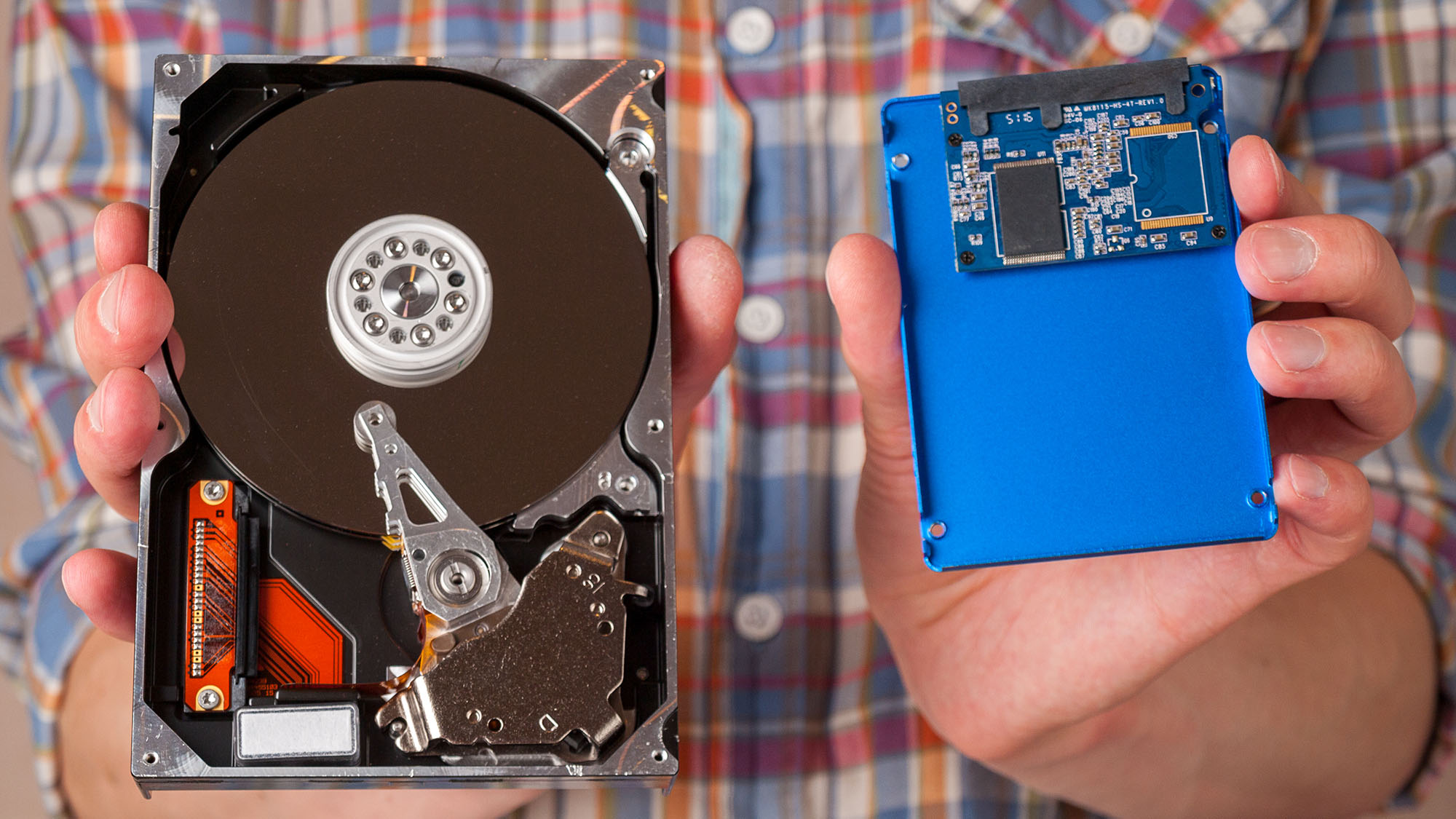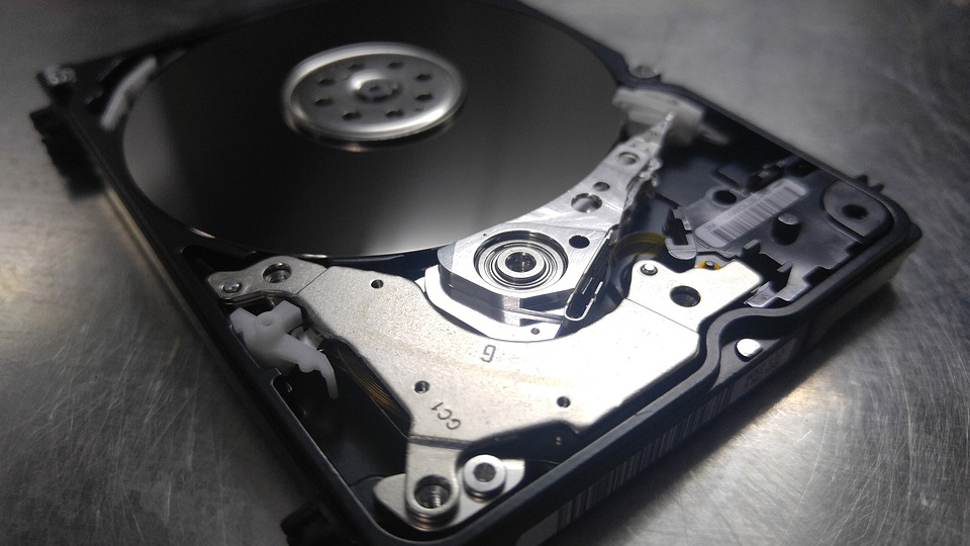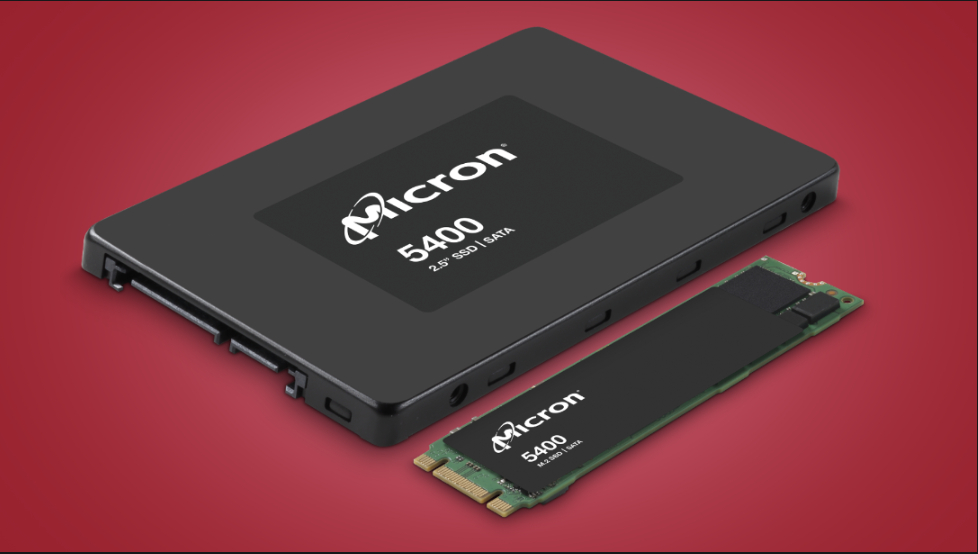Is an SSD a hard drive?
We treat them the same, but SSDs and hard drives are very different

Sign up for breaking news, reviews, opinion, top tech deals, and more.
You are now subscribed
Your newsletter sign-up was successful
While it might be tempting to think that an SSD is just a hard drive, the two are fundamentally different things even though we use them for the same purpose — data storage — and sometimes get sloppy and use the terms interchangeably.
They rely on very different kinds of technology, however, and this has major implications for each in terms of performance, longevity, and reliability. And while the best SSD is going to get you superior day-to-day performance, there is still a place for the best hard drives in modern PCs.
To see the difference between the two, and to better understand which to buy in what situations, we'll go into the technologies behind both the SSD and HDD so you can see the advantages and disadvantages of each for yourself.
Is an SSD a hard drive?
An SSD (Solid State Drive) is a type of storage device, but it’s different from traditional hard drives due to the technology involved and its day-to-day performance. While both store data, they do so very differently, and this directly influences which you should buy depending on your need.
A hard drive, also called an HDD (Hard Disk Drive), stores data on spinning magnetic disks or platters, with a mechanical arm containing heads that read and write data to the specific platters in order to access and store data.
The data is stored on the surface of these spinning platters and is accessed by moving the arm to the appropriate location and reading the data magnetically off the platter.
An SSD, meanwhile, uses memory chips to store data. These chips, known as flash memory, are a type of non-volatile memory, which means that they retain data even when they aren’t powered. This makes an SSD different from RAM memory, which is volatile and the information in it lost once it is no longer powered.
Sign up for breaking news, reviews, opinion, top tech deals, and more.
An important aspect of this is that an SSD does not have any moving parts, which makes it much more resistant to physical shocks, as well as producing faster data read and write speeds.

This latter results in improved overall system performance, faster boot times, quicker file transfers, and reduced loading times for applications and games, which is why SSDs have taken over as the primary form of PC and laptop system storage, even on the cheapest computers and cheapest laptops on the market.
SSDs are also much smaller than bulkier hard drives, making them ideal for devices with limited space, like the best laptops and ultrabooks. Additionally, they generate less heat and consume less power, contributing to better energy efficiency and battery life.
While SSDs offer significant advantages in terms of speed and reliability, they typically have a higher cost per gigabyte compared to traditional hard drives. As a result, larger capacity SSDs can be more expensive than their hard drive counterparts. However, the cost of SSDs has been decreasing over time, making them more affordable and accessible to a wider range of users.
Which one should you buy, an SSD or a hard drive?

When it comes to an SSD vs HDD in your laptop, there's no real reason to go with anything other than an SSD, but for a home or work PC, there are real reasons for prefering one type of storage over the other, and the SSD doesn't always win out.
SSDs are fast, sure, but not everything needs to be fast, and considering that you're paying a premium for that speed, it's worth considering if a slower, but cheaper, storage solution is a better fit.
In the case of a home security system or a NannyCam that uploads video over Wi-Fi to a PC, the small capacity of an SSD is likely to get filled very quickly, and you don't need the high-speed access to review the video footage after the fact. In this instance, a high-capacity hard drive makes far more sense than an SSD.
Likewise, any time you have a need for long-term data storage that doesn't need to be accessed often, a hard drive is the perfect solution. And given that when SSDs fail (as they inevitably do), recovering data from them can be much harder if not impossible, whereas recovered data from a failed hard drive is much more straight forward.
That said, if you are looking to load programs or regularly used data like work files or photos and video for editing in professional editing software, than an SSD is definitely the better option here, since programs load faster and changes to files can be written faster to an SSD than to a hard drive.
In practice though, many systems use a mix of both, like some of the best gaming PCs that use the primary SSD for major programs, while some games and other data files are stored on a hard drive. Content creators who want to keep a versioning system for their work might also leverage a hard drive as a backup device while the most recent, working version of a file resides on the primary SSD.
So ultimately, even though a speedy SSD is not a hard drive, that doesn't mean that you should write off the old hard drives completely.

John (He/Him) is the Components Editor here at TechRadar and he is also a programmer, gamer, activist, and Brooklyn College alum currently living in Brooklyn, NY.
Named by the CTA as a CES 2020 Media Trailblazer for his science and technology reporting, John specializes in all areas of computer science, including industry news, hardware reviews, PC gaming, as well as general science writing and the social impact of the tech industry.
You can find him online on Bluesky @johnloeffler.bsky.social